A small white truck labored down the dusty road, engine rumbling, the sharp scent of exhaust in the air. The open-aired truck bed held the vehicle’s precious cargo: 10 children.
Eleven-year-old Mwamba* sat in this truck bed with his new friends, his hand trailing over the side to catch the breeze. He could see it in the other kids’ faces—that kind of raw hope and excitement, the giddy feeling like they won a prize in a drawing, the truck carrying them gently over rolling hills into the green grass on the other side.
He was nervous too, never having been this far from home. He didn’t realize the world could stretch so far beyond his village in Tanzania; didn’t realize when the man at the market told him he could have a big boy job selling fish, that it would be so many hours away.
At long last, the truck arrived at its destination in Uganda. The man unloaded the children and brought them to a dark, cramped room where other children were already sleeping.
“Tomorrow, you start work,” he told them.
But in the morning, they found the man had lied about the nature of the job. They would not be selling fish, earning money for themselves like their older brothers back home—they were forced out onto the streets to beg money from strangers. Some of the older children were assigned to keep watch on the newcomers.
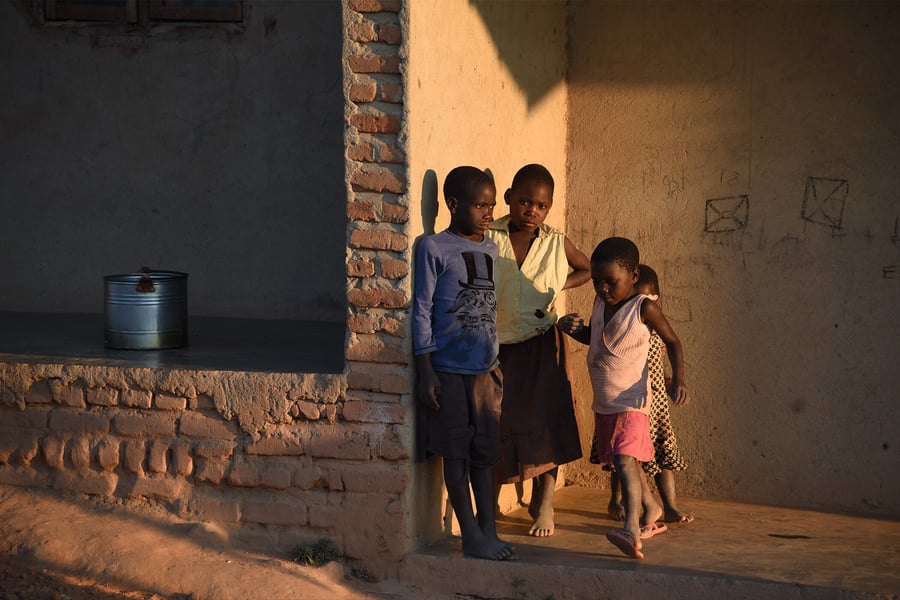
The cycle of trafficking
The man fed them just enough to keep them alive but still looking hungry. Their clothes, hair, and faces were already dirty from the open-aired drive. If anyone complained, they were smacked around a bit—the cuts and bruises only helped them draw compassion from generous strangers. They were kept in a state of perpetual desperation.
During the day, they went out into the streets to cup their hands pathetically at strangers. All profit was handed over to the man that kept them. Whoever brought in the least was beaten.
Over time, Mwamba watched as other children got sick and died, or simply went missing. He liked to think that the missing ones found a way to escape, but knew it was unlikely. Even if they escaped, they didn’t have a way of getting home, and none of them had the education or training to do anything except beg and steal.
Whenever their numbers ran low, the man who recruited them drove off in the little white truck and returned the next day with a bed full of bright-eyed children. The light in their eyes died soon enough. They were expendable and replaceable. It was a cycle, continuing on and on.
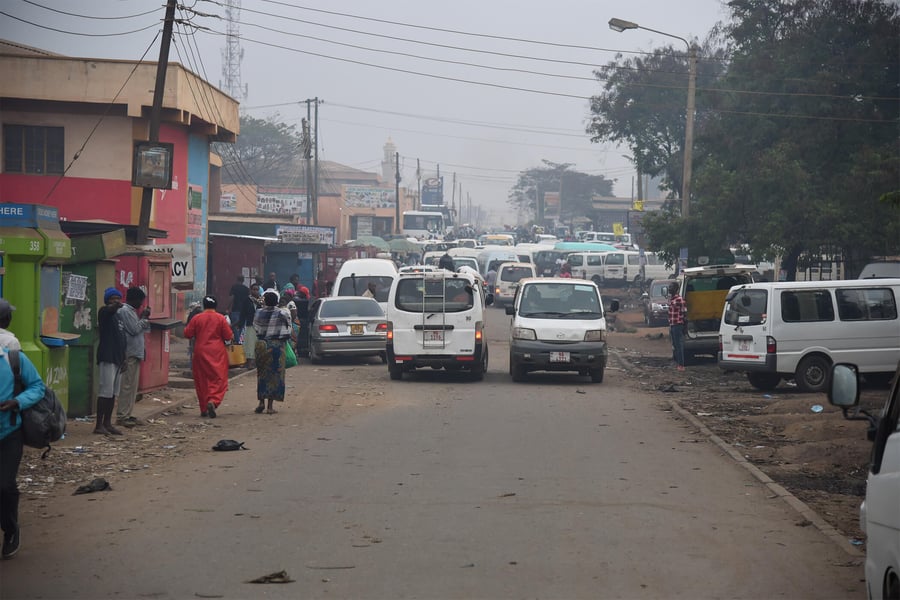
But what if...
In the morning after the truck dropped them off, Mwamba and the other children were forced out onto the streets to beg.
A vendor selling street food nearby observed as the children dispersed in the city center to beg, occasionally reporting back to a man standing discreetly in the shadows. The vendor called the investigations team at Love Justice to report what he saw.
Mwamba accepted a coin from a passing stranger and turned to see police arresting his captor. He was about to make a run for it when a Love Justice monitor stopped him.
“Wait, don’t be afraid! We’ll help you get home,” said the young woman. Mwamba thought of his mother and brother and familiar village home, and took her hand willingly.
Weeks later as investigations continued, the police located and arrested the second trafficker involved with the help of the LJI team and the vendor who had reported the tip-off.
The monitors helped Mwamba return safely home to his village in Tanzania. With both traffickers in police custody, no more children came in on the white truck to have their hopes shattered. Thanks to your giving, the cycle was broken.
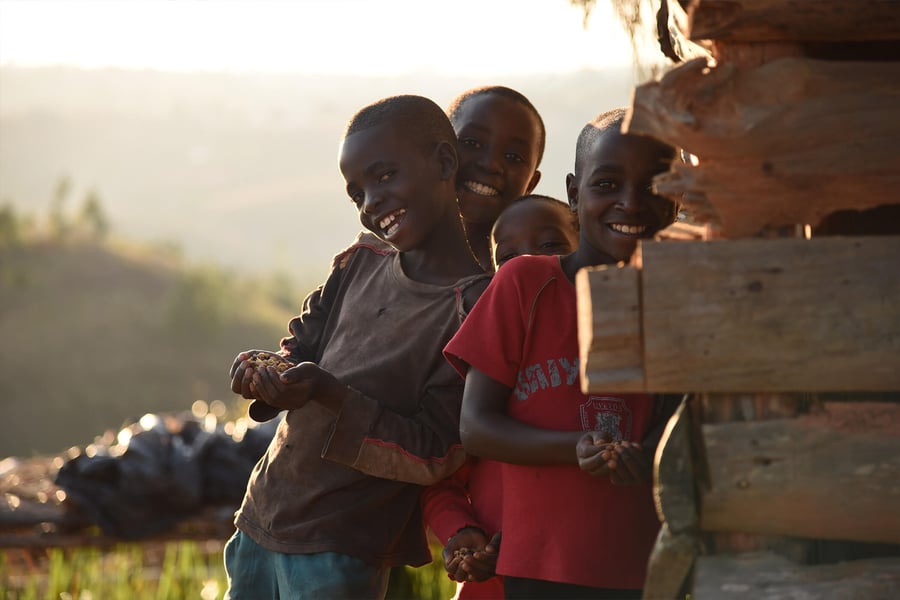
The cycle-breaking power of arrests
Arresting and convicting traffickers is a very important part in the fight against human trafficking. While rescue and prevention helps protect the value of human life, putting traffickers behind bars is the only way to ensure that they never exploit another person again.
Trafficker arrests and convictions are very difficult to get due to the hidden nature of the crime. Many perpetrators are never caught. However, because our strategy stops trafficking WHILE it is happening, we are able to gather critical intel that helps us track down traffickers and the larger networks at play.
It is still very difficult to secure convictions for a host of reasons, but we are seeing valuable liaisons form between local law enforcement and some of our international teams, and your giving helps us continue to improve and innovate more ways to further disrupt trafficking. To date, we've aided in the arrest of over 1,431 traffickers with 30% of closed cases resulting in a conviction!
Give today to support our work arresting more traffickers and keeping people free.
*All data and statistics current at the date and time of publishing. Names changed and some specific locations excluded for privacy and security purposes. Images are representative and do not picture actual victims.
-1.png?width=500&height=500&name=LJI_MAINLOGO_WhiteBackground%20(1)-1.png)

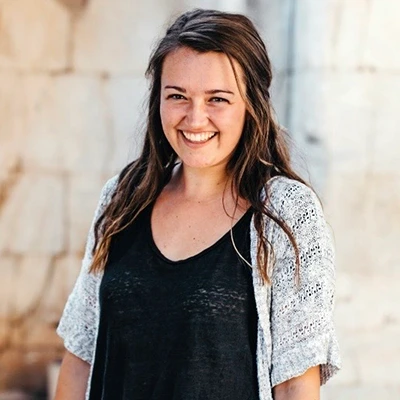
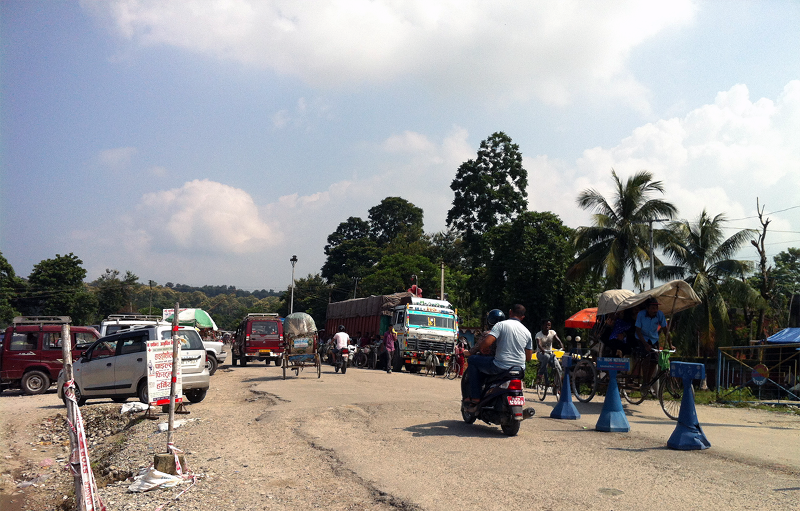
/bimala_feature_blog.webp)
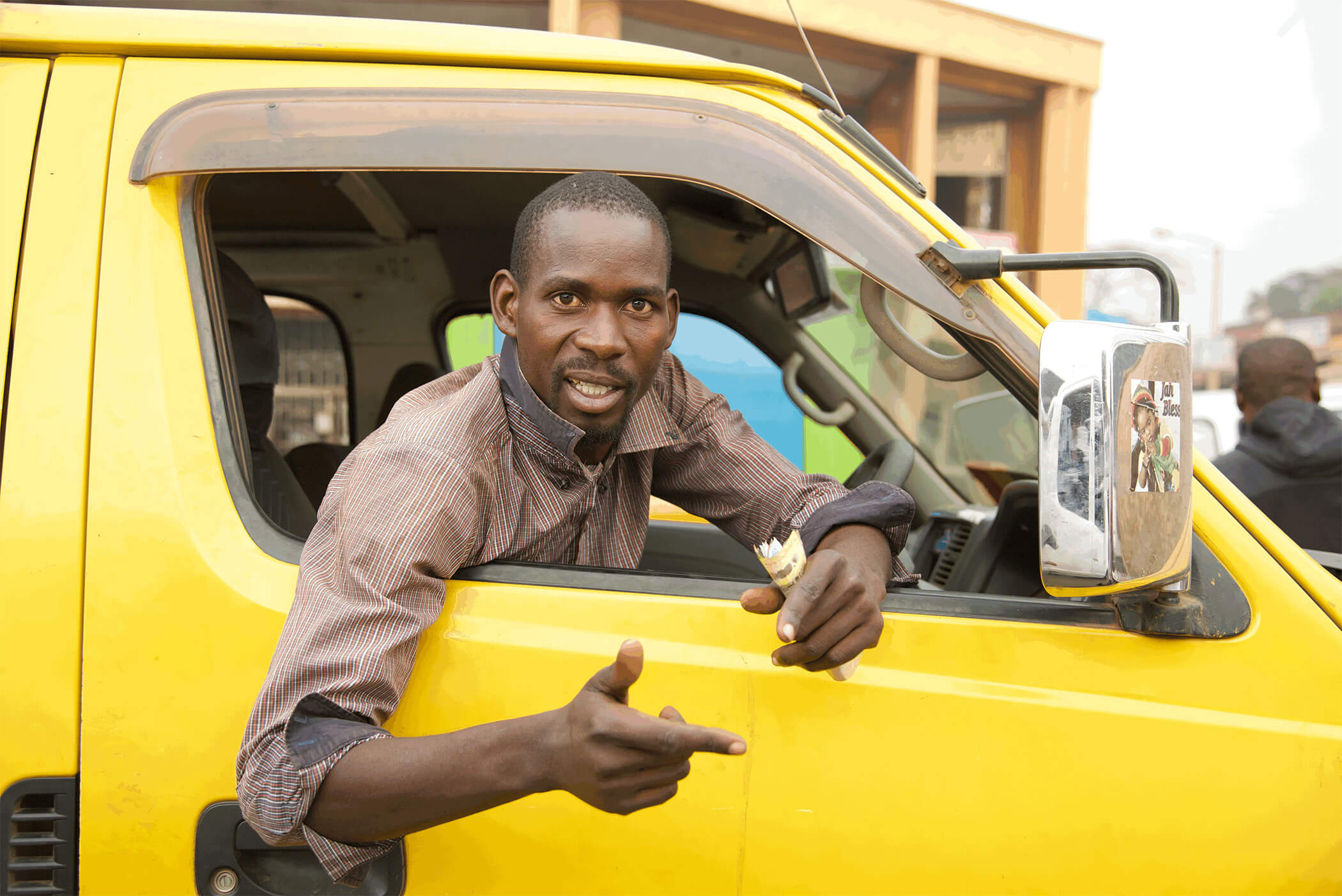
/boy_girl_asia_streets.webp)


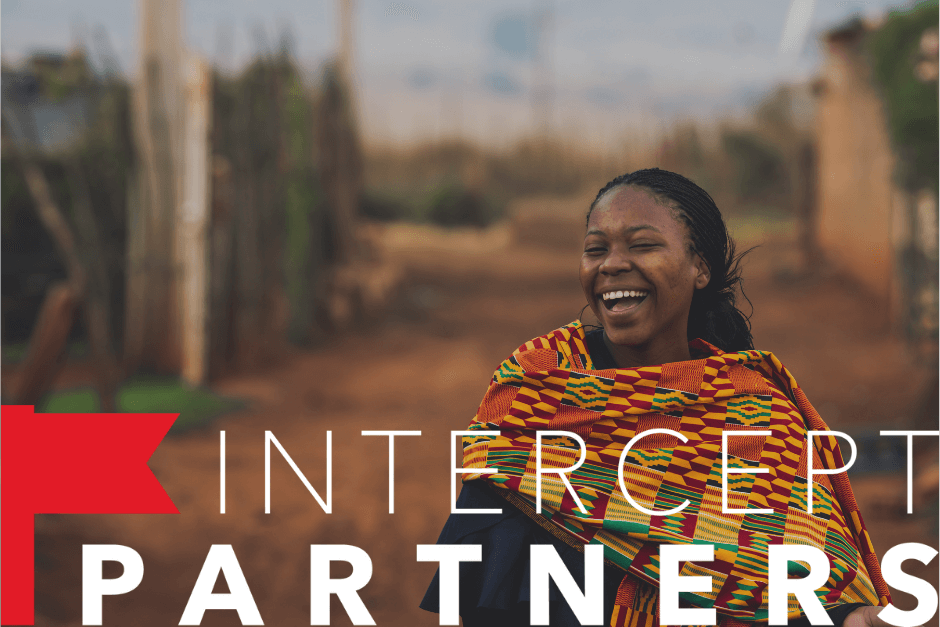

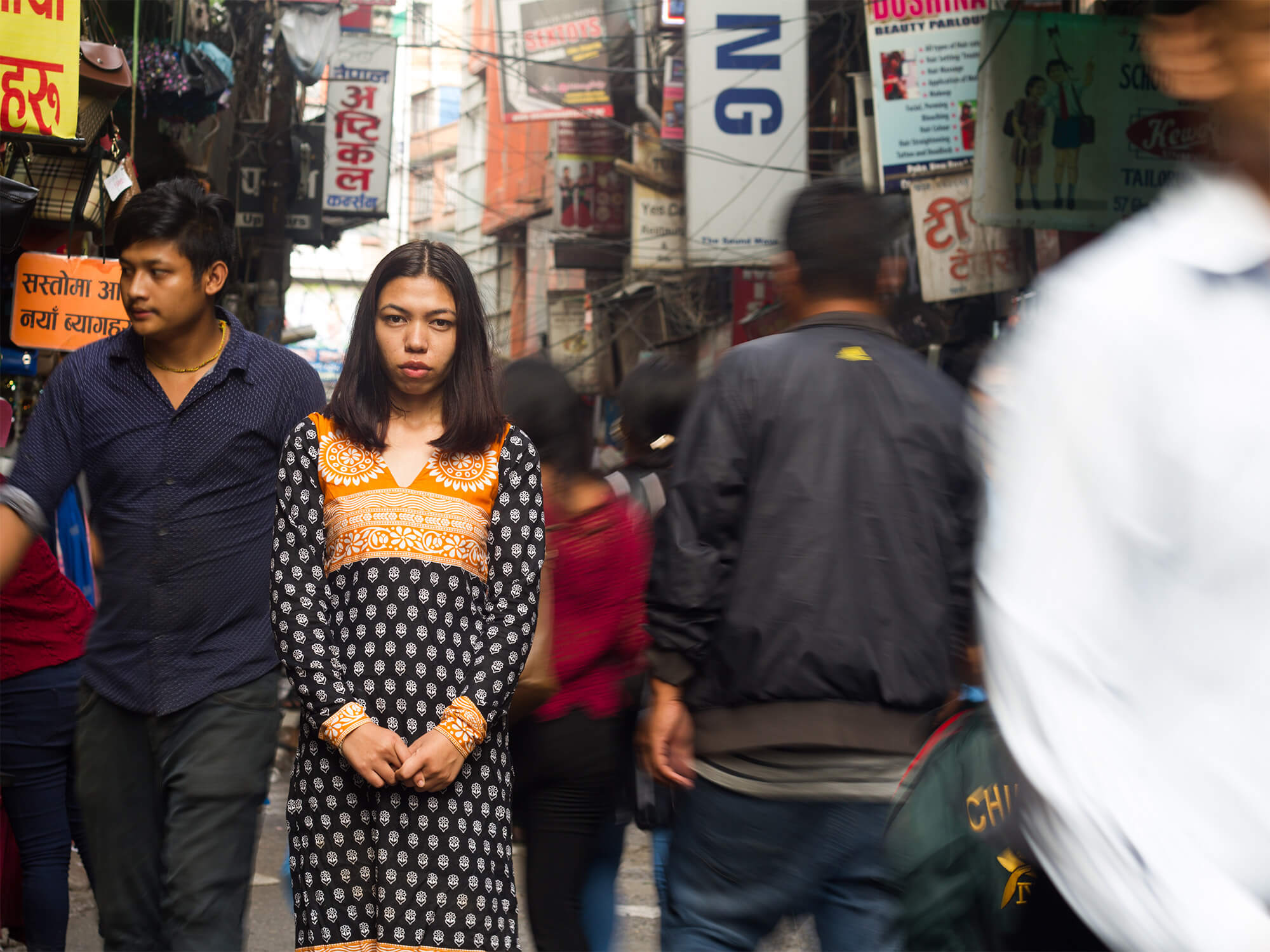


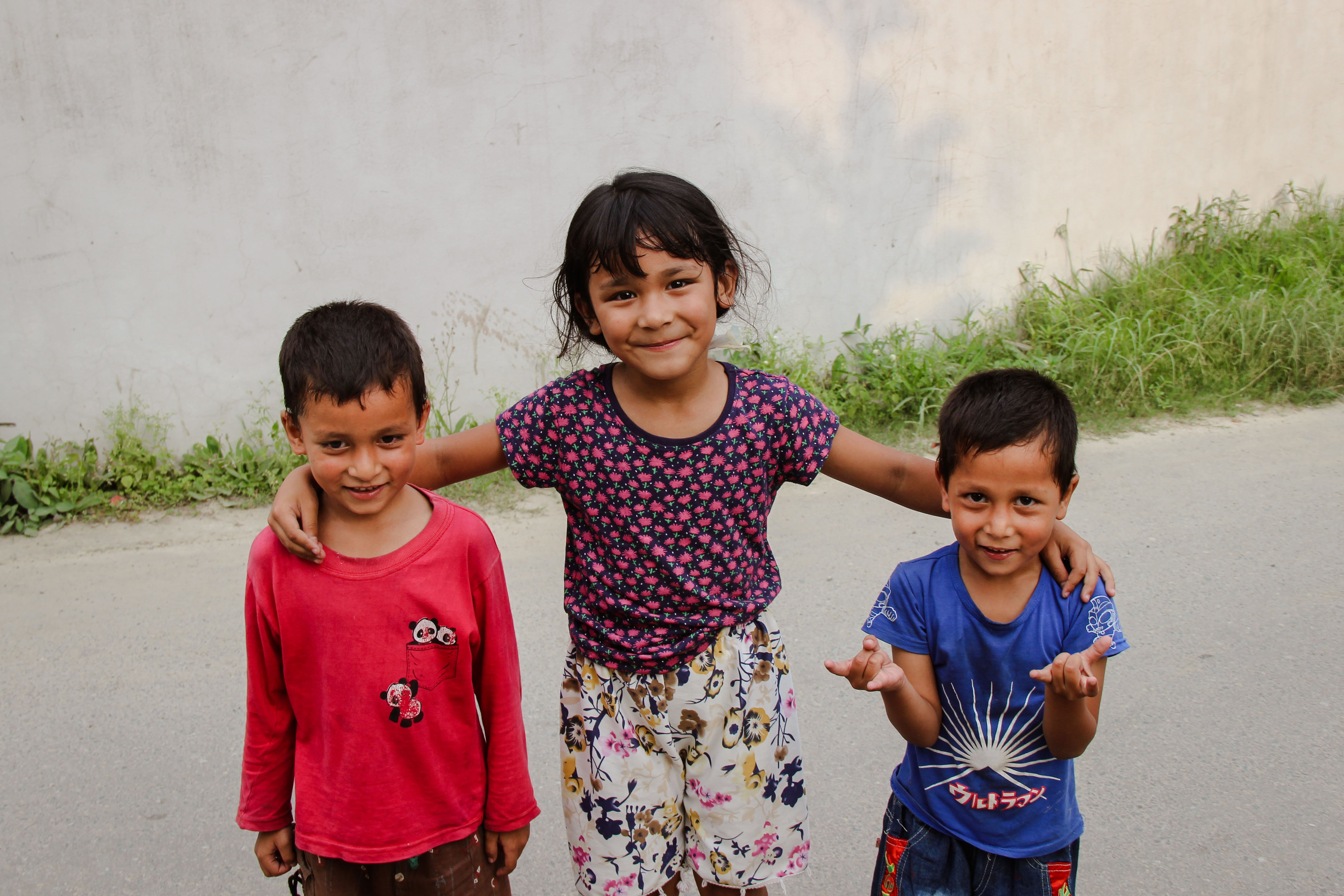
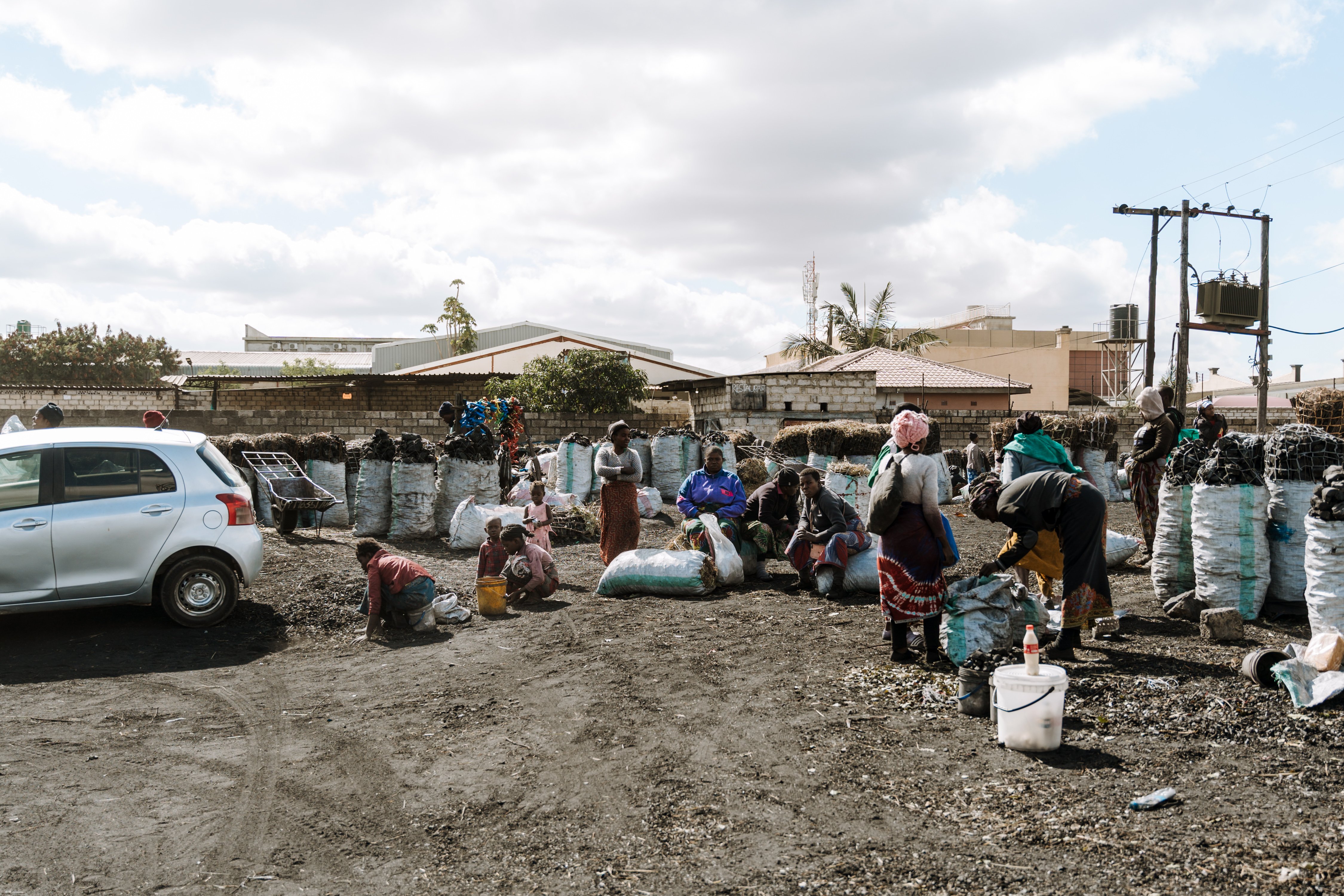

-1.jpg)
/africa_benin_truck.webp)
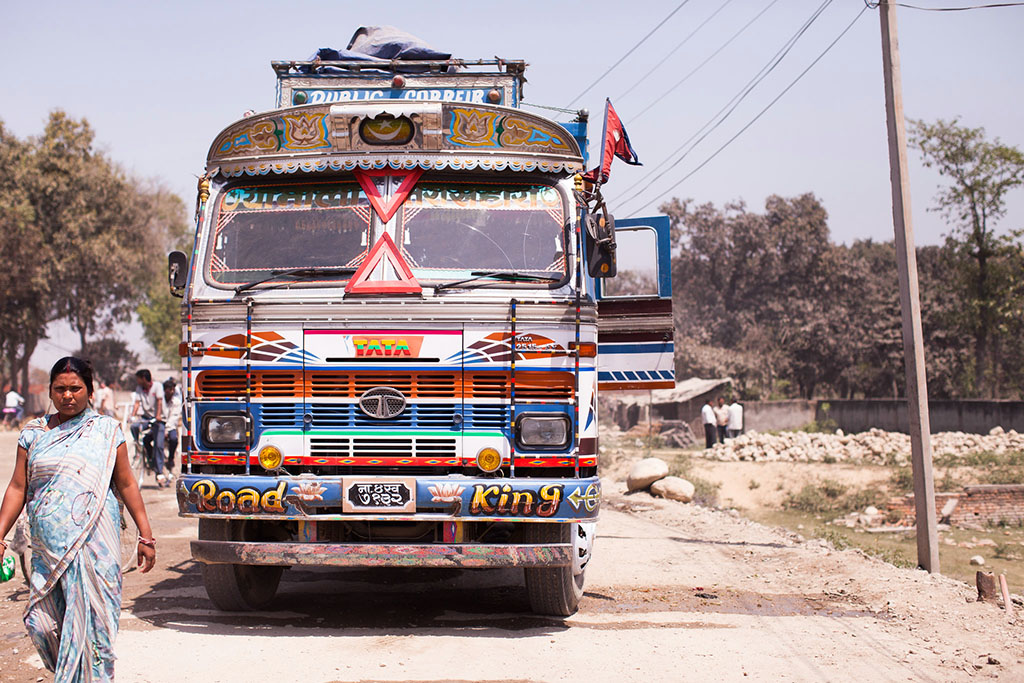
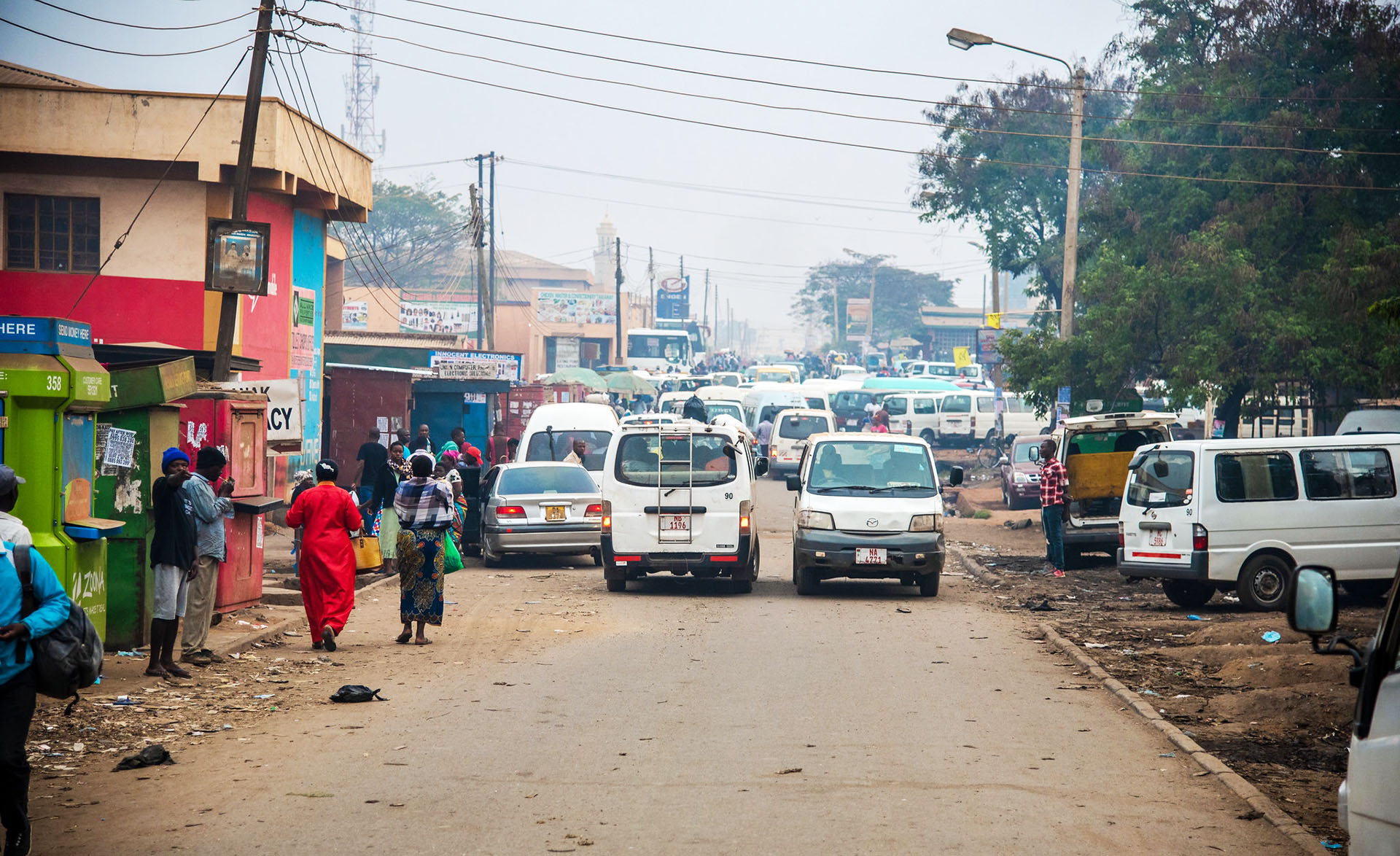
/woman_africa_beige_sweater.webp)
/girl_field_walking_africa_3.webp)
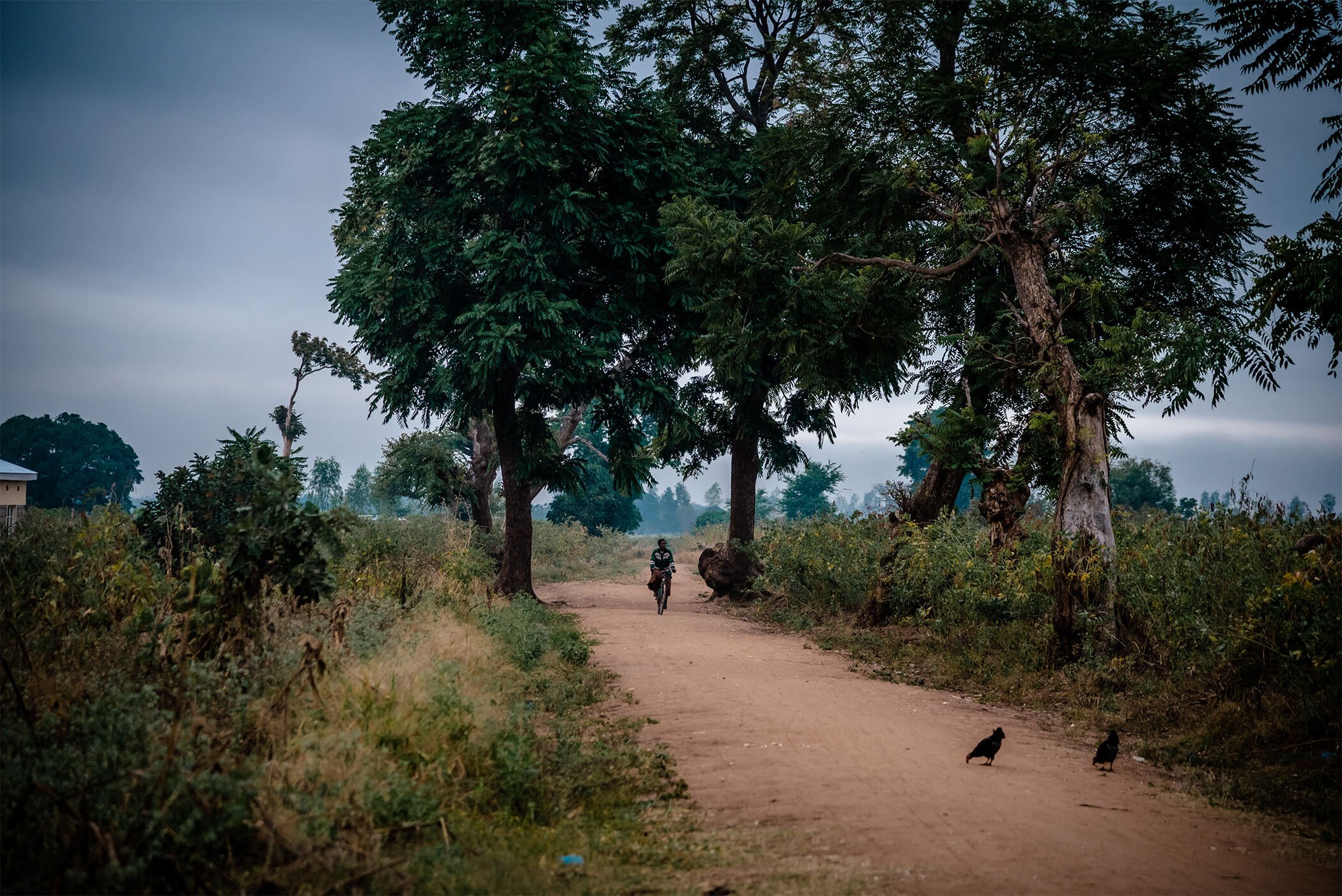
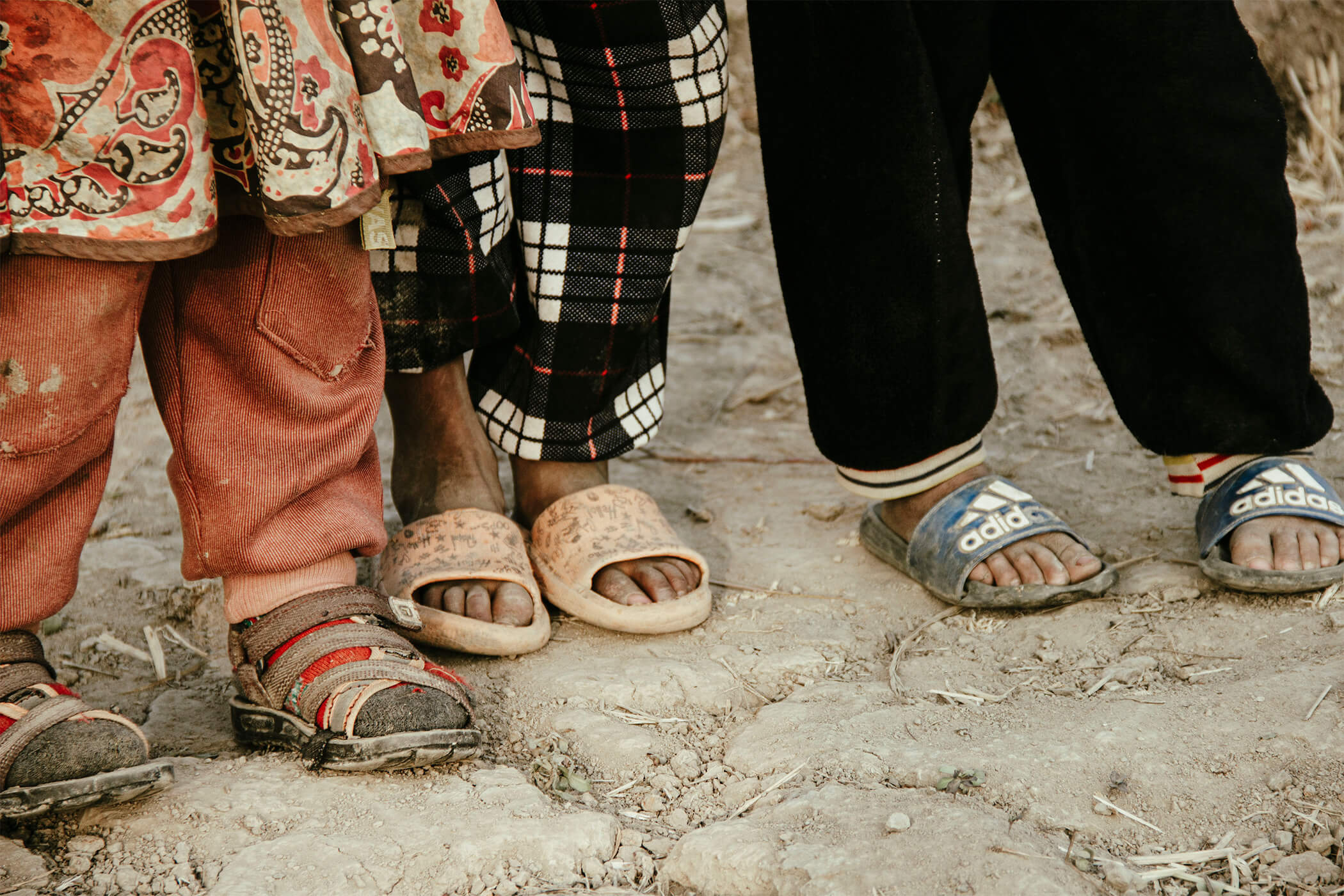




Post a comment